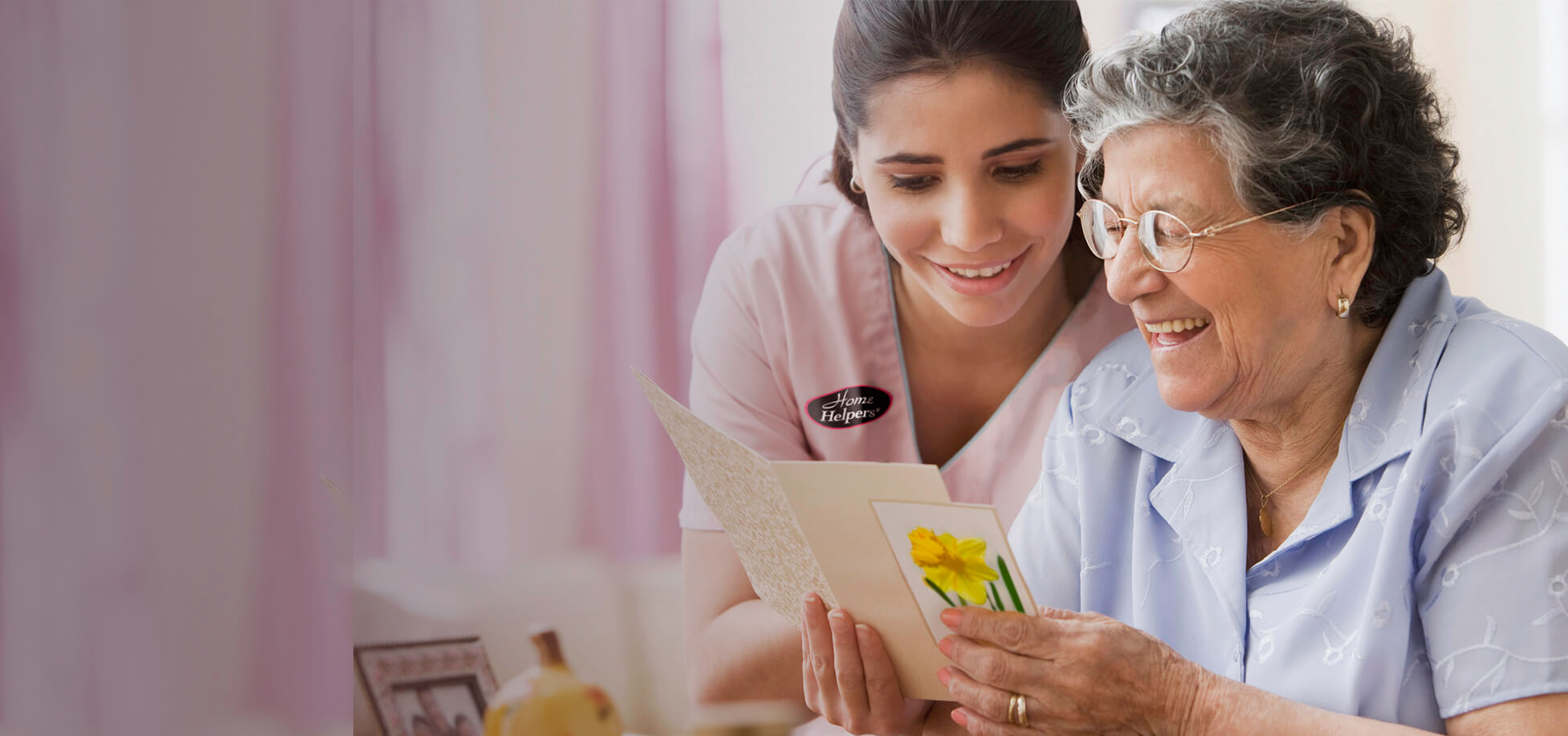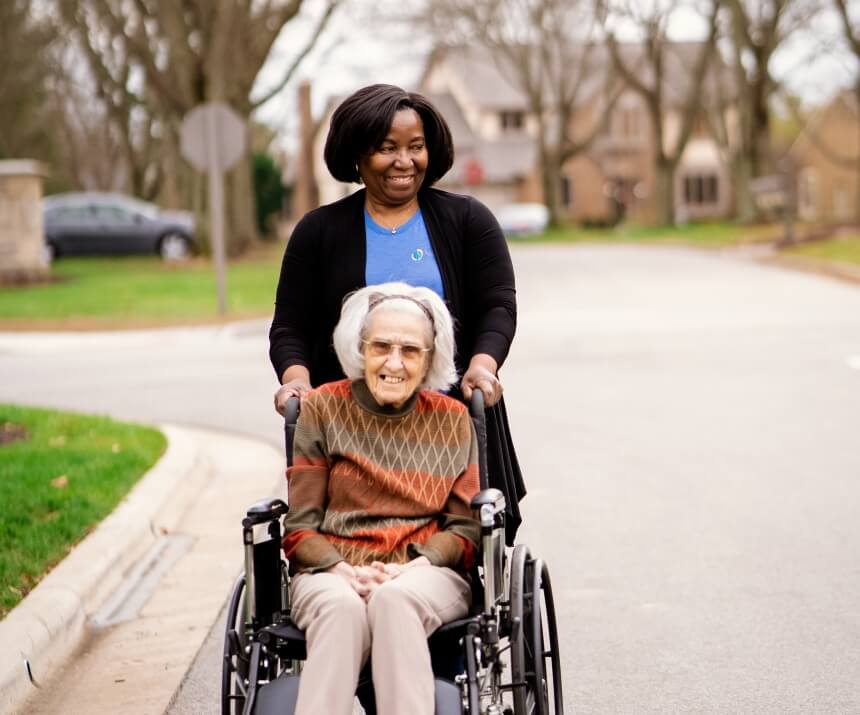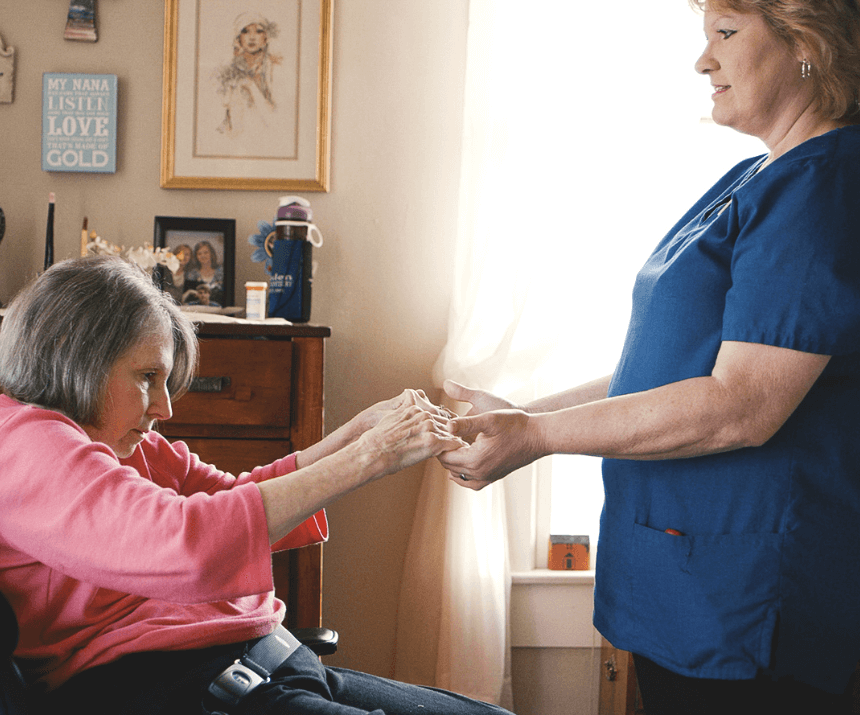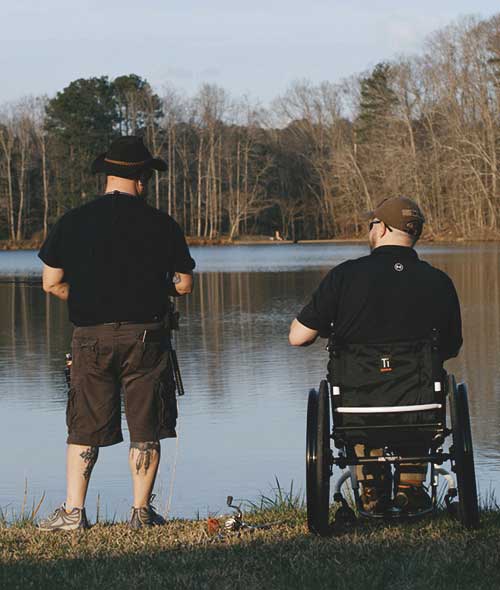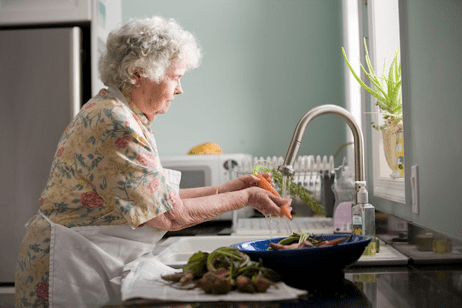Home Care in North West Austin, TX
Trusted Home Care in North West Austin, TX and Nearby Communities
At Home Helpers Home Care of North West Austin, TX, we are committed to providing dependable, compassionate support to help seniors and individuals with disabilities maintain their independence at home. Our trusted caregivers deliver personalized home care solutions tailored to each client’s unique needs, offering peace of mind for families throughout North West Austin, TX and nearby communities.
Personalized Services That Make a Difference
We understand that every individual has different routines, preferences, and care requirements. That’s why we offer flexible home care plans designed around your loved one’s lifestyle. Whether assistance is needed for just a few hours a day or around-the-clock, our dedicated team is here to help with daily tasks such as light housekeeping, meal preparation, companionship, and personal care. We’re here to support a safe and comfortable home life every step of the way.
Call us today at (512) 883-2365 to schedule your free in-home care assessment and discover how Home Helpers Home Care of North West Austin, TX can provide compassionate, professional support for your loved ones.
Local Care from People Who Truly Care
As a locally owned and operated agency, Home Helpers Home Care of North West Austin, TX takes pride in serving our neighbors with genuine care and respect. Our team is carefully selected, background-checked, and trained to provide high-quality home care with professionalism and warmth. We value building lasting relationships with the families we serve and strive to be a trusted extension of your support system.
Serving North West Austin, TX and Surrounding Areas
We proudly provide home care services throughout North West Austin, TX and surrounding communities. Whether you need short-term recovery support or long-term care assistance, we’re ready to step in with a helping hand. Our goal is to make everyday living easier, safer, and more fulfilling for your loved ones.
Let’s Talk About Your Family’s Needs
Finding the right home care can feel overwhelming, but it doesn’t have to be. At Home Helpers Home Care of North West Austin, TX, we’re here to answer your questions, listen to your concerns, and guide you through the process with compassion and clarity. Contact us today at (512) 883-2365 for a free in-home care assessment and discover how our personalized approach to home care can bring comfort and confidence to your family’s journey.
Schedule A Free Assessment
